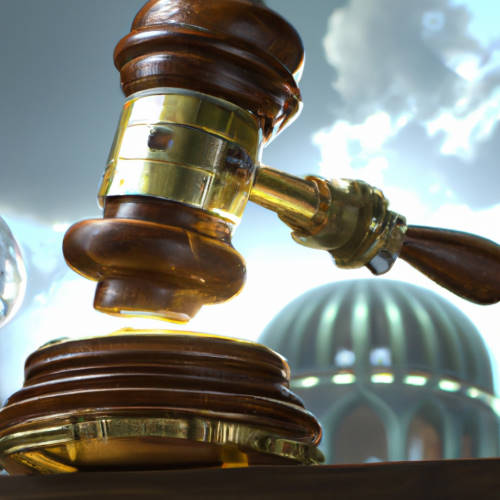Charging orders are one of the only means of enforcing a judgment against Debtor’s LLCs. They are in the form of a motion to the Court, and they put a lien on the Debtors LLC interest, as well as force the LLC to make all distributions from the LLC to the Creditor. Charging orders are issued under Code of Civil Procedure Section 708.310 and 708.320, but refer back to Corporations Code 15907.03, 16504, or 17705.03, depending on the type of order sought. At first glance, it’s a pretty mediocre remedy – after all intangible levies and assignment orders reach LLC distributions also, and also reach much more- and are easier to execute. But- there are provisions of the charging order statute which can add “teeth” to charging orders, and make them quite annoying/onerous on Debtors and debtor entities (which are usually just alter egos/piggy banks of the debtors themselves)– and thus effective judgment collection tools.

Examples: Charging orders give the creditor the right to not only appoint a Receiver to enforce the order when the debtor and the entity are not compliant. This is a big problem because if a receiver comes into the picture, the debtors veil of silence gets invaded by a third party appointed by the court, who comes into the picture and gains access to debtors private finances (like bank accounts) under legal order, and starts snooping around in the debtors affairs. Judgment debtors often have dirty laundry to hide, so this can cause pressure that can lead to settlement.
Also, charging orders allow creditor to ask the court to make “any other orders necessary to give effect to the charging order” – a very broad right, where the creditors imagination is the limit– and , if all else fails, creditors can foreclose on Debtors LLC interest, and sell it off permanently to pay the judgment. The codes is below:
Corp. Code 17705.03:
(a) On application by a judgment creditor of a member or transferee, a court may enter a charging order against the transferable interest of the judgment debtor for the unsatisfied amount of the judgment. A charging order constitutes a lien on a judgment debtor’s transferable interest and requires the limited liability company to pay over to the person to which the charging order was issued any distribution that would otherwise be paid to the judgment debtor.
(b) To the extent necessary to effectuate the collection of distributions pursuant to a charging order in effect under subdivision (a), the court may do any of the following:
(1) Appoint a receiver of the distributions subject to the charging order, with the power to make all inquiries the judgment debtor might have made.
(2) Make all other orders necessary to give effect to the charging order.
(3) Upon a showing that distributions under a charging order will not pay the judgment debt within a reasonable time, foreclose the lien and order the sale of the transferable interest. The purchaser at the foreclosure sale obtains only the transferable interest, does not thereby become a member, and is subject to Section 17705.02.
Often times, charging orders can contain restraining order provisions, provisions requiring entities to deliver accountings to creditors, and essentially, anything else the creditor can convince the court that is “Necessary to give effect to the charging order.”
Some Charging order caselaw (updated periodically):
Other Members Consent not Required to Foreclose and Sell Debtor Interest (Hellman v. Anderson)
Court may invoke CCP Section 187 to enforce charging order “By any means necessary” (Phillips, Spahas, etc. v. Fatouhi)
There are strict requirements on Charging Orders and the various remedies connected to them. Collection Attorneys in Los Angeles since 2011, The Evanns Collection Law Firm has been enforcing judgments for years and knows the ins and outs of these remedies. Phone calls are always free and no obligation. Call now at 213-292-6888.

